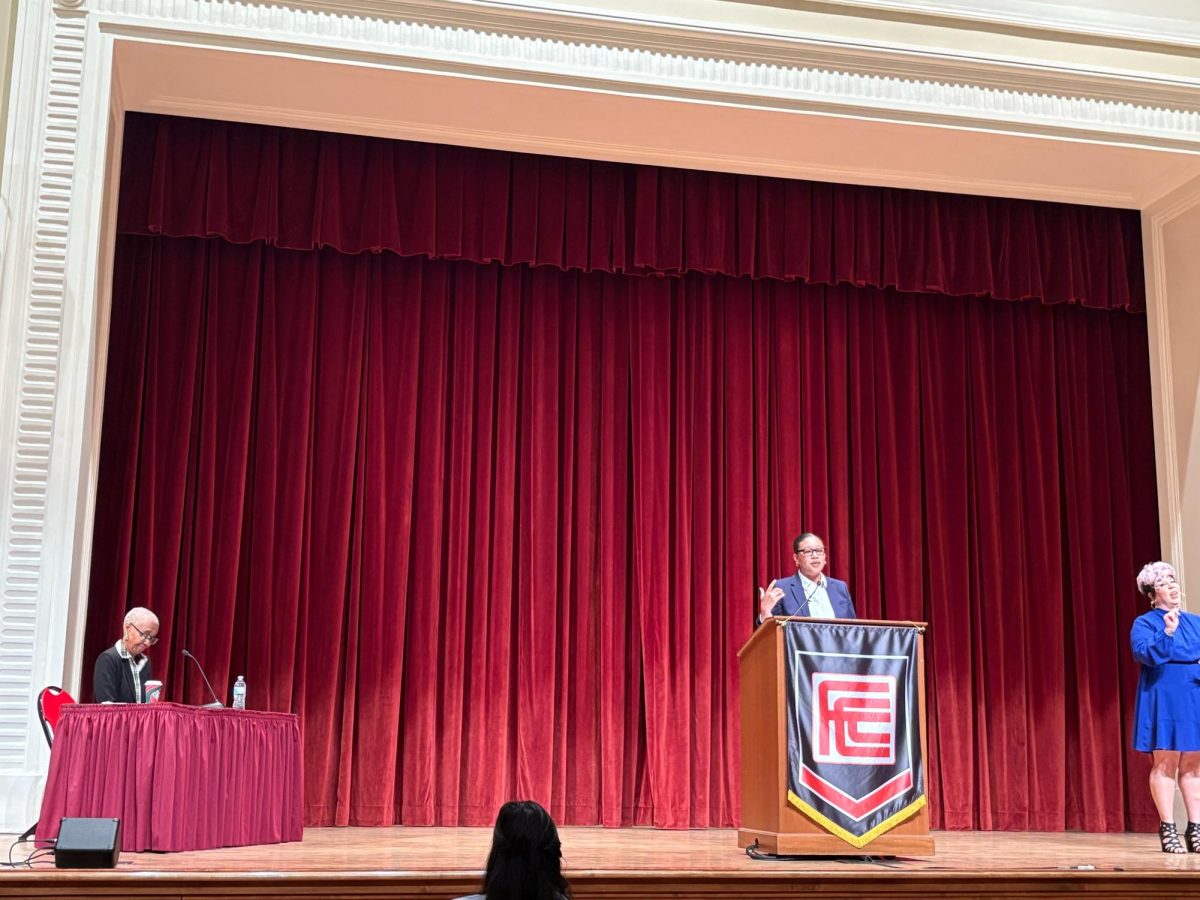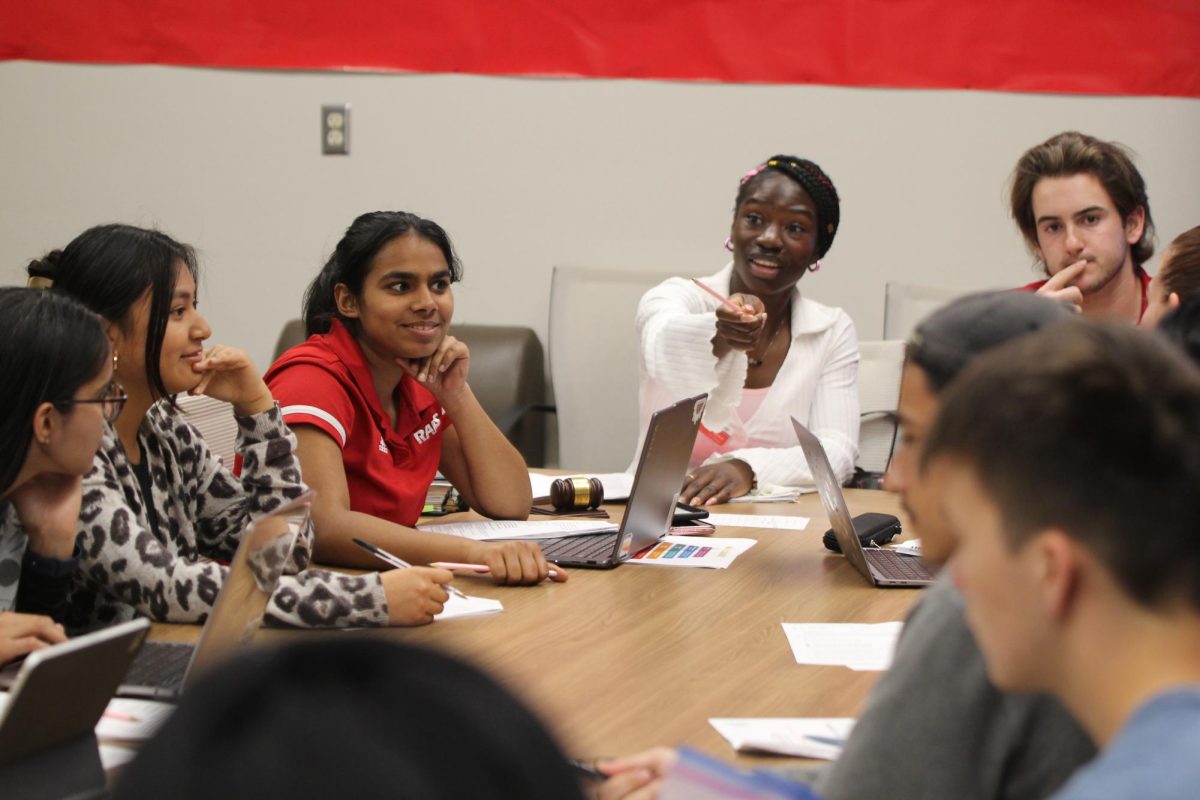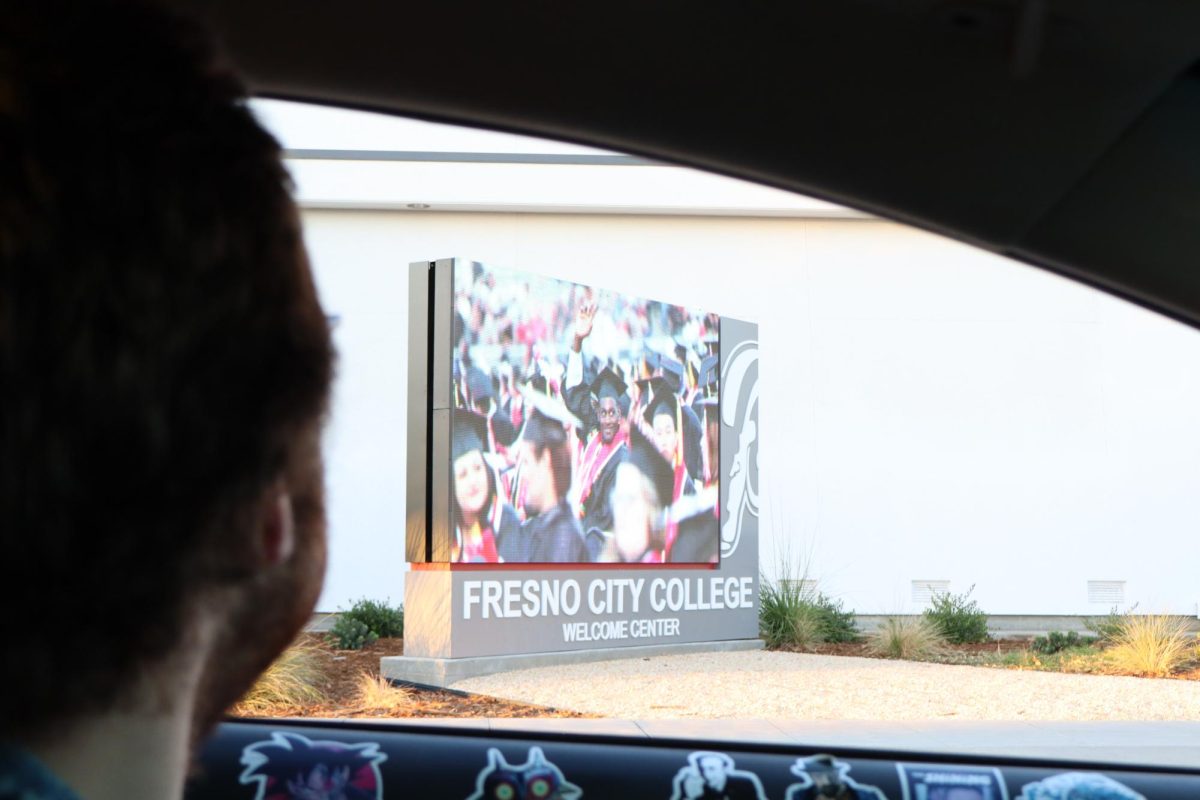Is it possible for a college student to juggle academics and love, to have a successful love life while excelling in academics?
Experts say dating in college can be a source of stress on students’ lives and that trying to balance studying and dating may be difficult to handle. Does this mean students should not date at all?
“Dating in itself requires many demands,” said Dr. Mallore Gorrie, Postdoctoral Fellow at the college’s Psychological Services Department, but that students can date successfully if they learn how to balance the components of their lives and deal with stresses that come with a relationship.
“Stress does not have to be negative. Everyday people have demands that cause stress, said Dr. Gorrie. “It is important to have adequate coping skills to deal with the stress that is overwhelming.”
Like students everywhere, Fresno City College students also struggle with finding that balance in their lives. Out of the 417 students who sought psychological services, “60 of those students reported their primary concern to be relational issues,” said Dr. Gorrie,. “As with any psychological issue, relationship issues can and most often do affect daily functioning. For students this would include academic success as well.”
Brandon Jaime is a full-time student who says he is currently not dating. When he first started college, Jaime was enrolled in 17 units and dated as well. The person he dated was attending a different college but that did not create a conflict in their relationship.
“The hardest part about dating was having trust in the relationship,” Jaime added.
Jaime had to balance dating, going to school and playing a sport. To create balance, he included his girlfriend in most of his activities; they studied together and did many things together. The relationship lasted a year.
Sara Smith has been dating her boyfriend for three years. This is her first semester in college and she feels that she has a lot of pressure in her life. He boyfriend attends UC Davis, and she sees him every other week.
Aside from her boyfriend being away, she has the pressure of her parents who are expecting high grades from her so she can transfer out-of-state to earn a Bachelor of Arts degree.
“I can’t concentrate knowing that my boyfriend is away from me,” said Smith. “And my parents are expecting for me to get a 4.0 every semester. I feel stressed over this situation.”
Dr. Gorrie explains that dating, especially on a long-distance basis, can create immense stress. “Someone who has a long distance relationship needs to be aware of this,” Gorrie said. “When distance is an extra factor, this means the possibility for additional stress.”
These stressors could come from trust issues, worry about one’s partner, loneliness, and mood symptoms. “If one is aware of these potential issues and aware of their own reactions, they will be better inclined to get the support needed to maintain healthy mental health and functioning in their relationship and academic studies,” Gorrie added.
Melanie Garcia is registered for 15 units at FCC. She has been dating for three years and has felt that dating has affected her studies negatively because she couldn’t devote 100 percent of her time to her studies.
“It was hard during my final exams last semester,” said Garcia. “My boyfriend wanted me to hang out with him and I had no time to study.” Her boyfriend was not attending college and couldn’t understand what a college load feels like, she said.
Students who notice that relational stress is impacting their studies should “utilize the resources that are available to them,” said Dr. Gorrie, including Psychological Services, academic tutoring, academic counseling as well as “talking with their teachers to know their options.”
Psychological Services is at no cost to FCC students. The office is staffed by professionals who provide individual services to students as well as couples therapy.
Gorrie said that there are benefits to dating while in college.
“A healthy relationship could potentially reduce overwhelming stress for an individual,” said Dr. Gorrie. “Relationships can provide support for an individual; social support networks are shown to be a strong protective factor in relation to mental health.”











